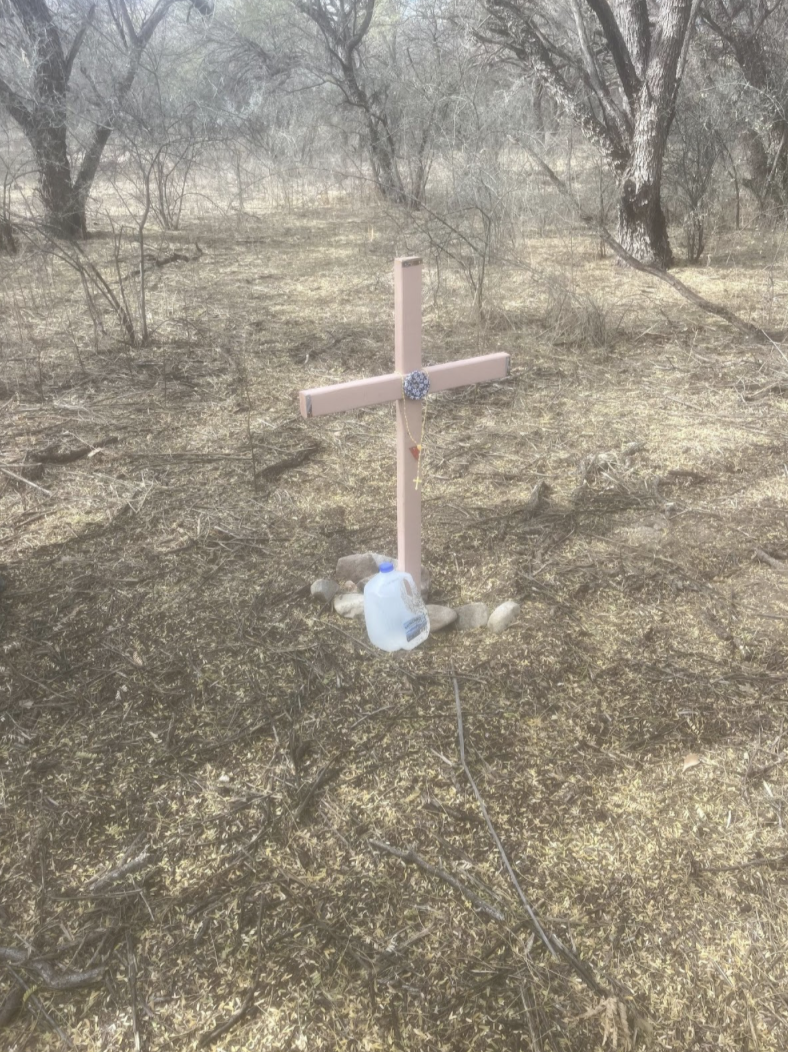Several factors, such as political unrest, economic inequality and environmental deterioration, have resulted in a recent unprecedented surge in migration around the world. Against these global crises, millions of migrants embark on journeys in search of safety, opportunity and a better future for their families. Behind the headlines and statistics lies a human story of resilience, struggle and hope amidst the challenges faced by migrants. Migration is not just a phenomenon but a reflection of systemic injustice, where individuals are compelled to leave their homes due to various socio-economic and political factors. It is an injustice that persists globally, as migrants are often met with hostility, discrimination and exploitation. They deserve better — a world where their rights are upheld, dignity respected and contributions valued. Both macro and microaggressions towards migrants must cease; they are not statistics or burdens but humans with inherent worth. It’s imperative to foster empathy, dismantle oppressive structures and advocate for inclusive policies that recognize the humanity and rights of all migrants.
At the heart of the migration crisis are countless individuals whose lives are upended by forced displacement. Whether fleeing war-torn regions like Syria and Yemen, fleeing legal persecution in countries like Myanmar or seeking refuge from the impacts of climate change in vulnerable regions such as the sub-Saharan Africa, migrants face a myriad of challenges and dangers on their journey.
Migration is the human desire for exploration, opportunity and connection. It is seeking a better life in response to aspirations for a better future, financial security or safety from tragedy. Migration is not merely the physical movement of individuals from one place to another; it is a profound expression of resilience and hope.
A variety of factors influence migration. Economic despair is not merely equated with that of the United States; the real truths of economic disparities in migration are deeply rooted in the unequal distribution of wealth, resources and opportunities across the globe. Economic disparities drive people to migrate in search of economic stability and social mobility. In many cases, individuals and families are pushed to migrate due to extreme poverty, a huge lack of employment opportunities and limited access to education, healthcare and basic services in their home countries.
It is crucial to understand that migration is not a matter of personal preference; rather, structural factors like international economic systems, labor markets and the historical legacies of colonialism and imperialism shape it. Economic disparities continue to perpetuate a cycle of migration as individuals and communities seek to overcome systemic barriers and improve their socioeconomic conditions.
Several U.S. policies have had devastating effects on migrants, perpetuating more systemic injustices and human rights violations. The family separation policy forcibly separated thousands of migrant children from their parents at the border. The implementation of harsh immigration detention practices, including the use of overcrowded and unsanitary facilities, has led to inhumane conditions and inadequate access to healthcare. The Remain in Mexico policy, which requires asylum seekers to wait in border towns while their cases are processed, exposes vulnerable individuals to violence and exploitation. The lack of comprehensive immigration reform further highlights the vulnerabilities faced by migrants, leaving millions living in fear of deportation and exploitation while limiting their access to essential services. Policies like these create never-ending cycles of suffering and injustice, necessitating the urgent need for systemic change and a more compassionate approach to immigration policy.
Whether one agrees that migration should or should not be happening, the reality is that it is. What can we do to educate ourselves on migration? What can we do to effect change? How can we, as evolving intellectuals in society, administer this charitable work?
One way we can do this is by working with organizations that are well-rounded education in this discussion. Fordham University provides its students with Global Outreach initiatives encompassing a range of programs and activities aimed at fostering international engagement, cross-cultural understanding and social responsibility. Global Outreach facilitates experiences that center around service learning abroad, where students engage in community service projects in collaboration with local organizations. Fordham has worked with the Kino Border Initiative (KBI) for several years. KBI is a binational organization located in Nogales, Ariz., and Nogales, Sonora, dedicated to promoting humane and just migration policies, fostering solidarity across borders and providing direct aid to migrants and refugees.
At KBI, my immersion group and I opened ourselves up to broader perspectives. We talked with the border patrol and listened to their tactics and methods of visualizing and catching migrants through an intense security camera and motion detection system. We spoke to ranchers who are visibly anti-immigrant whose ranch was right on the border between the U.S. and Mexico and whose ranch was being “affected” by migrants who chose to cross. Both border patrol and ranchers insisted that migrants are drug smugglers, most times, “drug mules” or “drug couriers” that exploit the vulnerability of migrant routes to traffic drugs across borders by posing as migrants themselves.
We worked with KBI in serving migrant families and listening to their stories as a way to humanize them. We went to the Mexican Consulate and got a better understanding of the important work that they do by providing vital resources and advocating for the Mexican community in Arizona, striving to protect their rights and enhance their well-being. We also learned more intensely about the work they do with the coroner’s office identifying decaying dead bodies in the Sonoran desert and other trails migrants take as they embark on life-threatening journeys.
Words cannot depict the truth of migration. What happens? What do migrants encounter? What do they see? What do they feel? What do they hear? We will never experience it with our own eyes. But, by incorporating ourselves into organizations like Global Outreach or KBI, we allow ourselves to get a deeper understanding of how it feels.
Angel Madera, FCRH’26, is an English major from Manhattan, N.Y.














































































































































































































